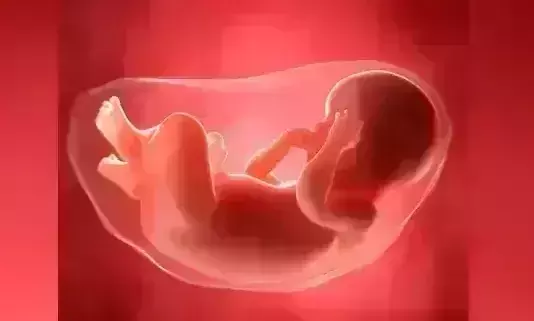
Microplastic found in Placenta for the first time
text_fieldsMicroplastics have been detected in the placenta of unborn babies for the first time, reveals the study published in the journal Environment International.
Microplastics which are particles smaller than five millimetres derived from the degradation of plastic objects present in the environment can move into living organisms including mammals.
The placenta plays a crucial role in the development of foetus by facilitating the exchange of nutrients, gas and waste between mother and foetus.
In the study conducted in Italy, around six human placentas of consenting women who were going through physiological pregnancies were collected and 4 per cent of each placenta was analysed to evaluate the presence of microplastic in it. These microplastics that are small enough to be carried into the bloodstream were found on both foetus and maternal sides of the placenta and also in the membrane in which the foetus developed.
These particles might have been breathed in or consumed by the mothers at some point in time. Though the health impact of microplastic in the body is yet unknown, scientists are of the opinion that the chemicals present in them could inflict long term damage or alter the developing immune system of the foetus.
"The mothers were shocked. It is like having a cyborg baby, no longer composed only of human cells, but a mixture of biological and inorganic entities," said Antonio Ragusa, director of obstetrics and gynaecology, who led the study.
Plastic production has surged in the last five years and microplastic pollution has reached every nook and corner of the world. Constant contact by a person with plastic can lead to oral, dermal and even inhalation exposure.
The presence of these harmful particles in the placenta is a matter of great concern and shock to the world suggesting how the plastic content is slowly finding its way into the body of infants as well.
If no effort is taken to change the current status quo, the life of not only humans but all living beings are under threat.























